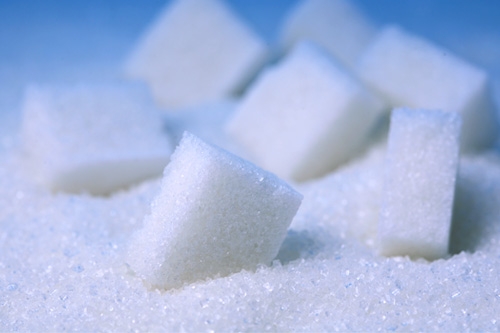
America is paying the price for its growing sweet tooth.
Just look at the rising rates of diabetes and obesity, said speakers at a March 17 symposium, “Sugar Highs and Lows: Dietary Sugars, the Brain, and Metabolic Outcomes,” at UC Davis.
The symposium focused on sugar consumption and its impact on health. The event was sponsored by the Center for Obesity Assessment, Study and Treatment (COAST) at UC San Francisco, the UC Office of the President, UC Berkeley and UC Davis.
UCSF pediatric endocrinologist and COAST researcher Robert Lustig and UC Davis molecular biologist Kimber Stanhope discussed the downsides of a type of sugar called fructose.
“The government pays twice for obesity: first for the corn subsidy (to make high-fructose corn syrup), and then for emergency room heart attacks and health care,” Lustig said.
It’s not just sugar being scrutinized, but also sugar substitutes. Carolyn de la Peña, UC Davis professor of American studies and author of “Empty Pleasures: The Story of Artificial Sweeteners from Saccharin to Splenda,” traced the history of artificial sweeteners. The substitutes are so much sweeter than sugar that they have led to the “incredible sweetening of the American palate,” she said.
For more details on sugar’s impact on health and suggested interventions, view symposium coverage at www.universityofcalifornia.edu/news/article/25203.